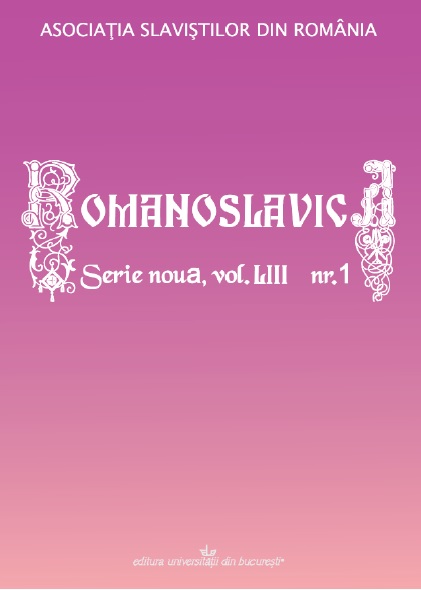Nebunia și nebunul în legislația rusă din secolele al XII-lea – al XIX-lea: o abordare istorico-culturală
Madness and the Madman in the Russian Legislation of the 12th-19th Centuries: a Historical and Cultural Approach
Author(s): Gabriel-Andrei StanSubject(s): Language and Literature Studies
Published by: Editura Universităţii din Bucureşti
Keywords: madness; identity; otherness; laws; legal documents
Summary/Abstract: In the religious sense, the manifestations of madness testify to multiple interpretations. Madness can be the result of supernatural intervention: either of divine grace or of demonic possession. As sin, madness is the result of the disobedience of Christian morality. The eighteenth century marks the beginning of the secularization of madness in Russian culture. The critical consciousness of madness, developed under the religious meaning of the term, continues even in the Enlightenment. Criticism of the moral discourse will be complemented by a practical awareness of the madness in which the deviant behavior is subjected to a utilitarian interpretation: madness is not only the symbolic expression of social uselessness, but the threat of any rational order of the world. As a result, segregation becomes an imperative of Reason. The emergence and development of scientific discourse marks the unification of the various identity aspects of madness: it is now a mental illness.
Journal: Romanoslavica
- Issue Year: LIII/2017
- Issue No: 1
- Page Range: 171-188
- Page Count: 18
- Language: Romanian

